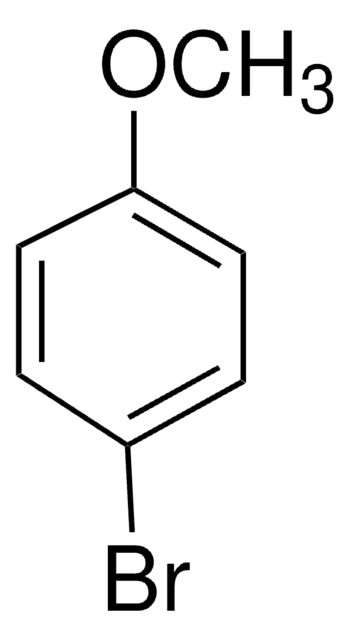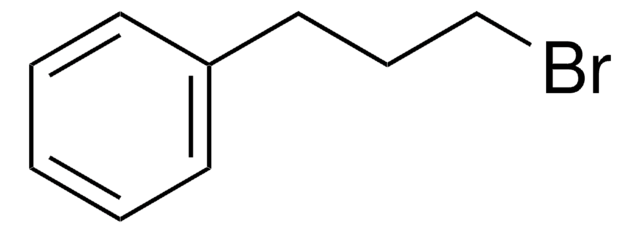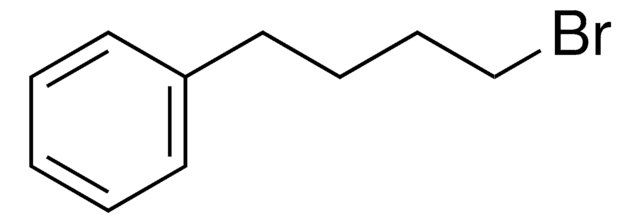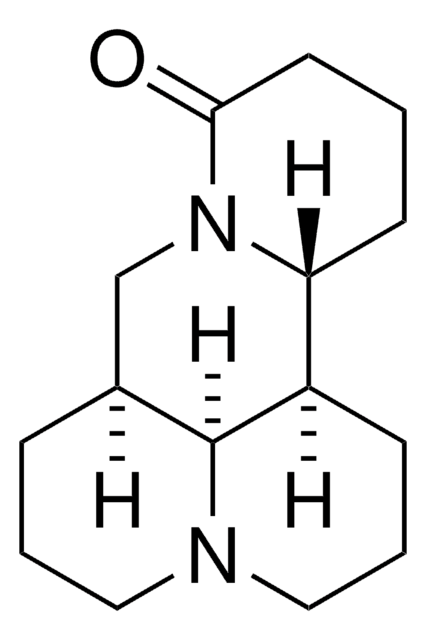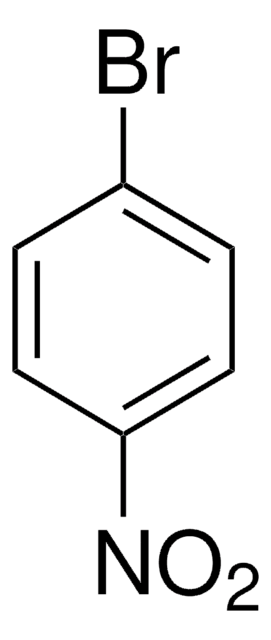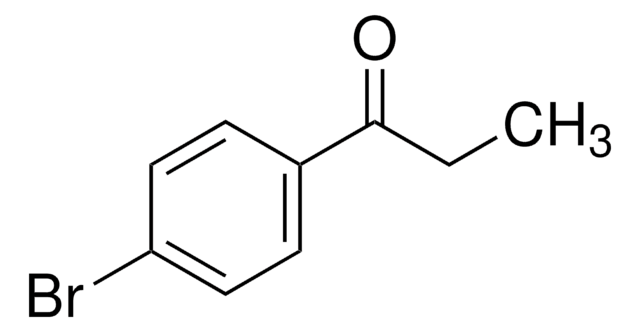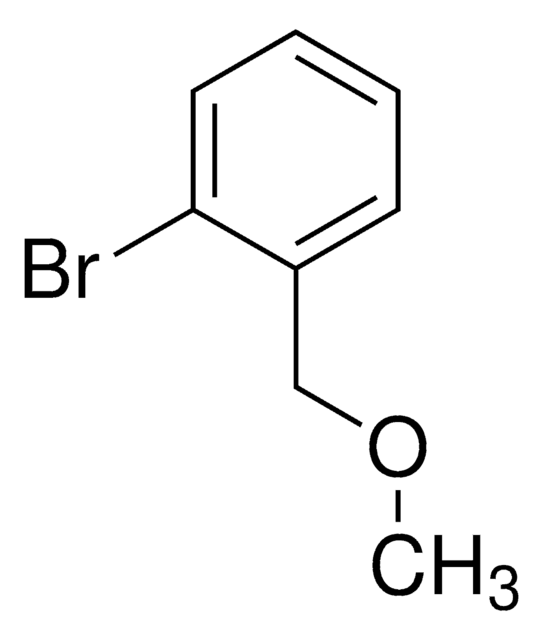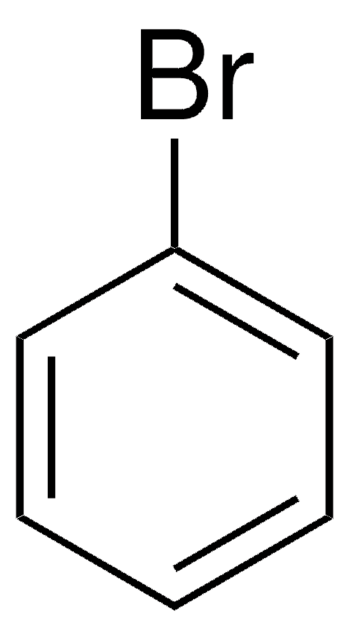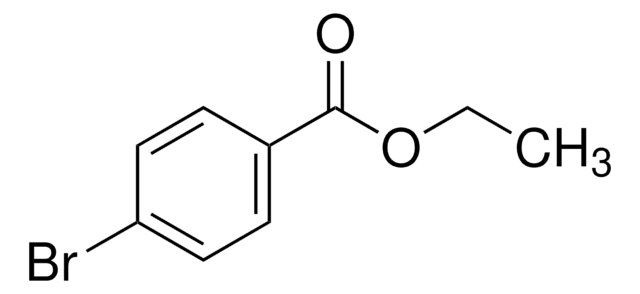132543
4-Bromobutyl phenyl ether
97%
Synonym(s):
(4-Bromobutoxy)benzene, 4-Phenoxybutyl bromide, Phenoxybutyl bromide
About This Item
Recommended Products
Assay
97%
form
solid
bp
153-156 °C/18 mmHg (lit.)
mp
41-43 °C (lit.)
SMILES string
BrCCCCOc1ccccc1
InChI
1S/C10H13BrO/c11-8-4-5-9-12-10-6-2-1-3-7-10/h1-3,6-7H,4-5,8-9H2
InChI key
QBLISOIWPZSVIK-UHFFFAOYSA-N
Looking for similar products? Visit Product Comparison Guide
Storage Class Code
13 - Non Combustible Solids
WGK
WGK 3
Flash Point(F)
Not applicable
Flash Point(C)
Not applicable
Personal Protective Equipment
Certificates of Analysis (COA)
Search for Certificates of Analysis (COA) by entering the products Lot/Batch Number. Lot and Batch Numbers can be found on a product’s label following the words ‘Lot’ or ‘Batch’.
Already Own This Product?
Find documentation for the products that you have recently purchased in the Document Library.
Our team of scientists has experience in all areas of research including Life Science, Material Science, Chemical Synthesis, Chromatography, Analytical and many others.
Contact Technical Service